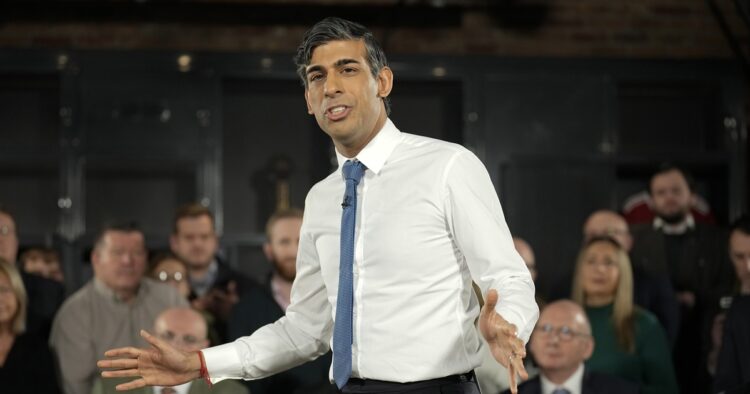In a joint effort, the United Kingdom and the United States, supported by Australia, Bahrain, Canada, and the Netherlands, have carried out targeted strikes against military facilities used by Houthi rebels in Yemen. UK Prime Minister Rishi Sunak and US President Joe Biden both emphasized that the strikes were a response to Houthi attacks on international maritime vessels in the Red Sea, including the use of anti-ship ballistic missiles.
The decision for the strikes was justified by Rishi Sunak, who stated that the Houthis, despite repeated warnings from the international community, continued to conduct attacks in the Red Sea. He highlighted the threats posed to freedom of navigation, the free flow of trade, and the danger posed to UK and US warships. The attacks were described as “limited, necessary, and proportionate action in self-defense” to protect global shipping and degrade Houthi military capabilities.
The military action involved coordinated efforts from the United Kingdom, the United States, Australia, Bahrain, Canada, and the Netherlands. US Central Command reported that the strikes targeted radar systems, air defense systems, and storage and launch sites for various types of missiles and unmanned aerial systems. The multinational action aimed to degrade the Houthi rebels’ capability to continue their attacks on international vessels and commercial shipping.
US President Joe Biden emphasized that these targeted strikes send a clear message that the United States and its partners will not tolerate attacks on personnel or threats to freedom of navigation. He mentioned that the decision followed an extensive diplomatic campaign and the escalating attacks by Houthi rebels against commercial vessels.
Rishi Sunak and US President Joe Biden both condemned the Houthi militia’s recent dangerous and destabilizing attacks on commercial shipping in the Red Sea. The UK Defence Secretary, Grant Shapps, revealed that four Royal Air Force Typhoons carried out precision strikes on two Houthi military targets alongside US forces.
The situation has escalated in recent months, with Houthi militants attempting to attack and harass numerous ships in international shipping lanes, using anti-ship ballistic missiles, unmanned aerial vehicles, and cruise missiles. General Michael Erik Kurilla, USCENTCOM Commander, held the Houthi militants and their Iranian sponsors responsible for these illegal and reckless attacks, emphasizing that such actions would not be tolerated.
The Houthi rebels, an Iran-aligned group, initiated these strikes in retaliation for Israel’s Gaza conflict. They declared that they would continue their attacks until Israel ends hostilities in Gaza. The conflict between Israel and Hamas, which began on October 7, has seen several drone and missile attacks launched by the Houthis at Israel, with most intercepted.
Both Rishi Sunak and Joe Biden called for the Houthis to cease their attacks and take steps to de-escalate the situation. The international community, through operations like Operation Prosperity Guardian, aims to deter further Houthi aggression and safeguard vital trade routes in the Red Sea, Bab al-Mandeb Strait, and Gulf of Aden.

















Comments